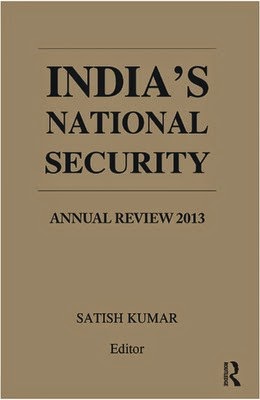When Google Met WikiLeaks by Julian Assange from Navayana.
Nobody wants to acknowledge that Google has grown big and bad. But it has. The firm’s geopolitical aspirations are firmly enmeshed within the foreign-policy agenda of the world’s largest superpower.
—Google, whose logo is imprinted on human retinas almost six billion times each day, has made petabytes of personal data available to the US intelligence community
—In 2008, Google helped launch an NGA spy satellite, GeoEye-1. It shares the photographs from the satellite with the US military and intelligence communities
—In 2010, NGA awarded Google a $27 million contract for ‘geospatial visualization services’
—In 2012, Google arrived on the list of top-spending Washington lobbyists
In June 2011, Julian Assange received an unusual visitor: the chairman of Google, Eric Schmidt. For several hours the besieged leader of the world’s most famous insurgent publishing organization and the billionaire head of the world’s largest information empire locked horns. For Assange, the liberating power of the Internet is based on its freedom and statelessness. For Schmidt, emancipation is at one with US foreign policy objectives and is driven by connecting non-Western countries to American companies and markets. When Google Met WikiLeaks presents the story of the Assange–Schmidt encounter.
In our Media section, Rs. 295, in paperback, 224 pages, ISBN :9788189059668, Sales Restriction: Sale In SAARC Countries Only
Nobody wants to acknowledge that Google has grown big and bad. But it has. The firm’s geopolitical aspirations are firmly enmeshed within the foreign-policy agenda of the world’s largest superpower.
—Google, whose logo is imprinted on human retinas almost six billion times each day, has made petabytes of personal data available to the US intelligence community
—In 2008, Google helped launch an NGA spy satellite, GeoEye-1. It shares the photographs from the satellite with the US military and intelligence communities
—In 2010, NGA awarded Google a $27 million contract for ‘geospatial visualization services’
—In 2012, Google arrived on the list of top-spending Washington lobbyists
In June 2011, Julian Assange received an unusual visitor: the chairman of Google, Eric Schmidt. For several hours the besieged leader of the world’s most famous insurgent publishing organization and the billionaire head of the world’s largest information empire locked horns. For Assange, the liberating power of the Internet is based on its freedom and statelessness. For Schmidt, emancipation is at one with US foreign policy objectives and is driven by connecting non-Western countries to American companies and markets. When Google Met WikiLeaks presents the story of the Assange–Schmidt encounter.
In our Media section, Rs. 295, in paperback, 224 pages, ISBN :9788189059668, Sales Restriction: Sale In SAARC Countries Only












































